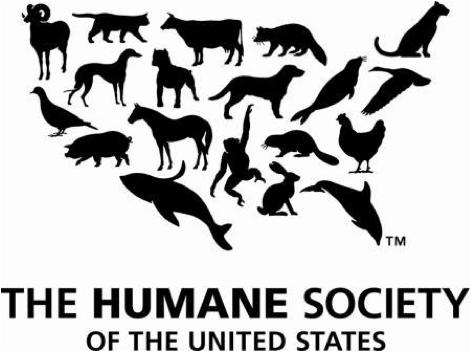 While the thanks pets give us when we share our food with them warms the heart, certain foods can actually be harmful, even causing death. The ASPCA has put together a list of the foods you should avoid giving your pets, as well as the symptoms to look for if accidentally ingested. Always contact your veterinarian if you suspect your pet may have eaten something on the list of foods to avoid.
While the thanks pets give us when we share our food with them warms the heart, certain foods can actually be harmful, even causing death. The ASPCA has put together a list of the foods you should avoid giving your pets, as well as the symptoms to look for if accidentally ingested. Always contact your veterinarian if you suspect your pet may have eaten something on the list of foods to avoid.
The first on the list and most dangerous thing your pet could ingest is chocolate, or any other source of caffeine, including coffee and soda. In the event of a spill, make sure to quickly clean it or keep pets away from the area. These three products have methylxanthines and when ingested can cause diarrhea, panting, vomiting, excessive thirst and urination, abnormal heart rhythm, hyperactivity, tremors, seizures, and even death.
Second on the list is alcohol. Alcohol, as well as any products containing alcohol, can cause diarrhea, vomiting, central nervous system depression, decreased coordination, tremors, difficulty breathing, abnormal blood acidity, coma and can lead to death.
Next on the list is yeast dough. Although this is a less commonly known danger, yeast dough can rise in your pet’s digestive system and cause the stomach or intestines to rupture, however the risk diminishes after the dough is cooked. Pets should only have very small amounts of bread and it should not be more than 5 to 10 percent of their daily caloric intake.
Avocados can cause diarrhea and vomiting in dogs, as well as causing fluid accumulation around the heart, and difficulty breathing in rodents and birds. The fruit, seeds, bark, and leaves contain Persin, the substance that causes the avocado poisoning.
Garlic, Onions, and Chives are foods that can cause gastrointestinal irritation and could lead to red blood cell damage. Although cats are more at risk than dogs, the danger is just as prevalent.
The next foods to avoid giving to your pets are grapes and raisins, as they can cause kidney failure. Although the toxic substance in grapes or raisins is not known, veterinarians have always warned against these treats.
Although it’s not been reported that any dogs have died from an overdose of macadamia nuts, they are a problem for dogs, causing depression, weakness, vomiting, tremors, and hypothermia. The symptoms appear 12 hours after ingestion and last from 12 to 48 hours.
Giving pets milk can cause diarrhea and other digestive upset because pets have lower amounts of lactase, the enzyme that breaks down lactose in milk, while large amounts of salt can cause excessive urination and thirst, or even sodium ion poisoning. Signs include diarrhea, depression, tremors, vomiting, elevated body temperature, seizures and can even lead to death.
Products like gum, candy, and baked goods contain a substance called Xylitol, which can cause liver failure. Signs of this include lethargy, vomiting, and loss of coordination and can progress to seizures and recumbency. Signs of liver failure can be seen within a few days.
Last on the list is eggs, bones, and raw or uncooked meat, for the same reasons it is harmful for humans to consume these products raw. Raw eggs and meat may contain bacteria like Salmonella and E.coli, and can lead to coat and skin problems for your pets. Raw bones may seem like a natural and healthy option for your pet, but bones can splinter and get lodged in your pet’s digestive tract, thus making them very dangerous.
Always be aware of where your pets are when preparing food, being sure not to drop any of these harmful foods. If you suspect your pet has ingested any of these foods, even in small quantities, contact your veterinarian.






[…] attention to the food they are eating. There are a variety of foods that are dangerous to dogs and if you aren’t keeping a close eye, they could be eating food that falls to the ground, or […]
[…] attention to the food they are eating. There are a variety of foods that are dangerous to dogs and if you aren’t keeping a close eye, they could be eating food that falls to the ground, or […]
Comments are closed.